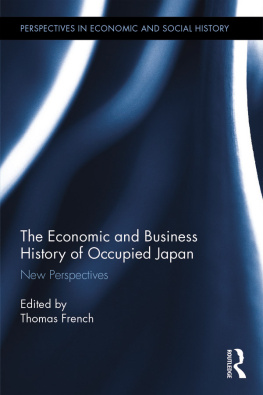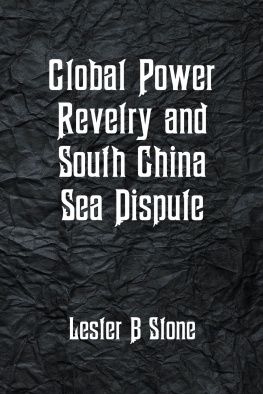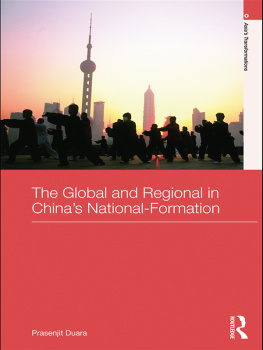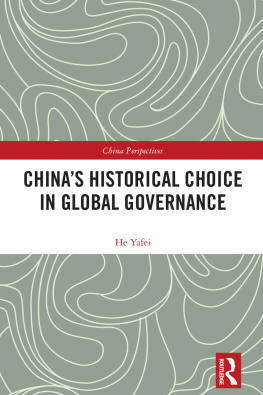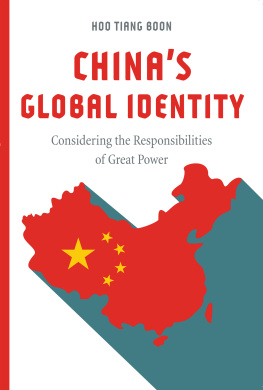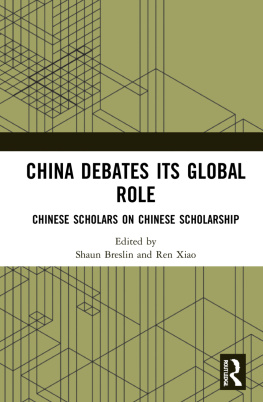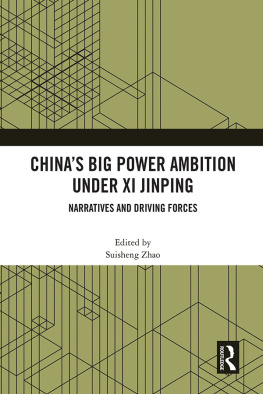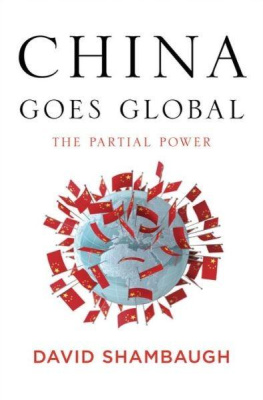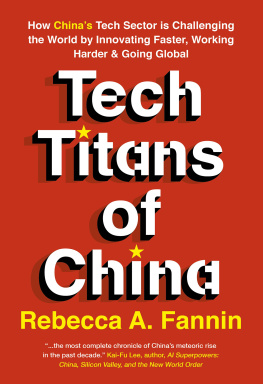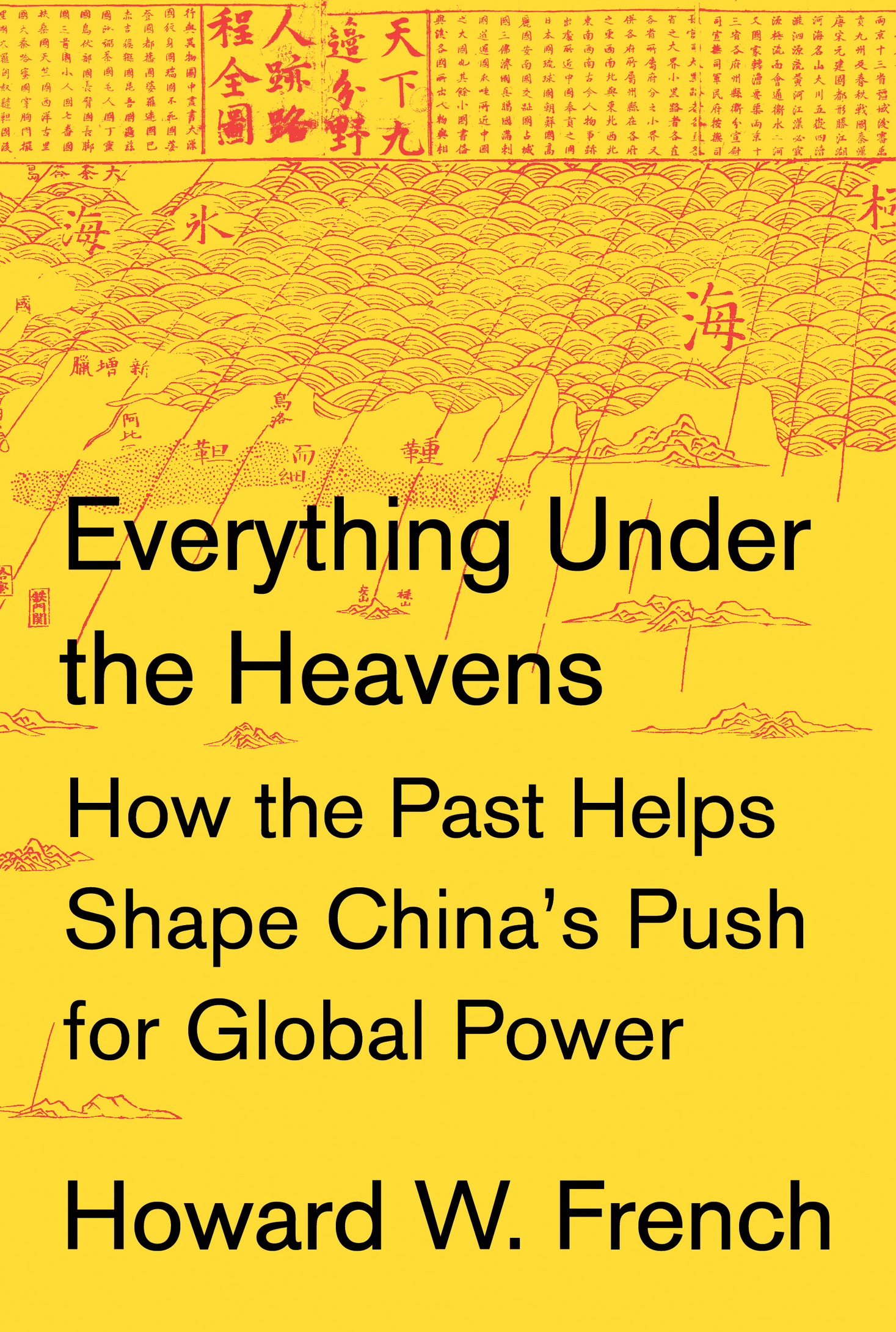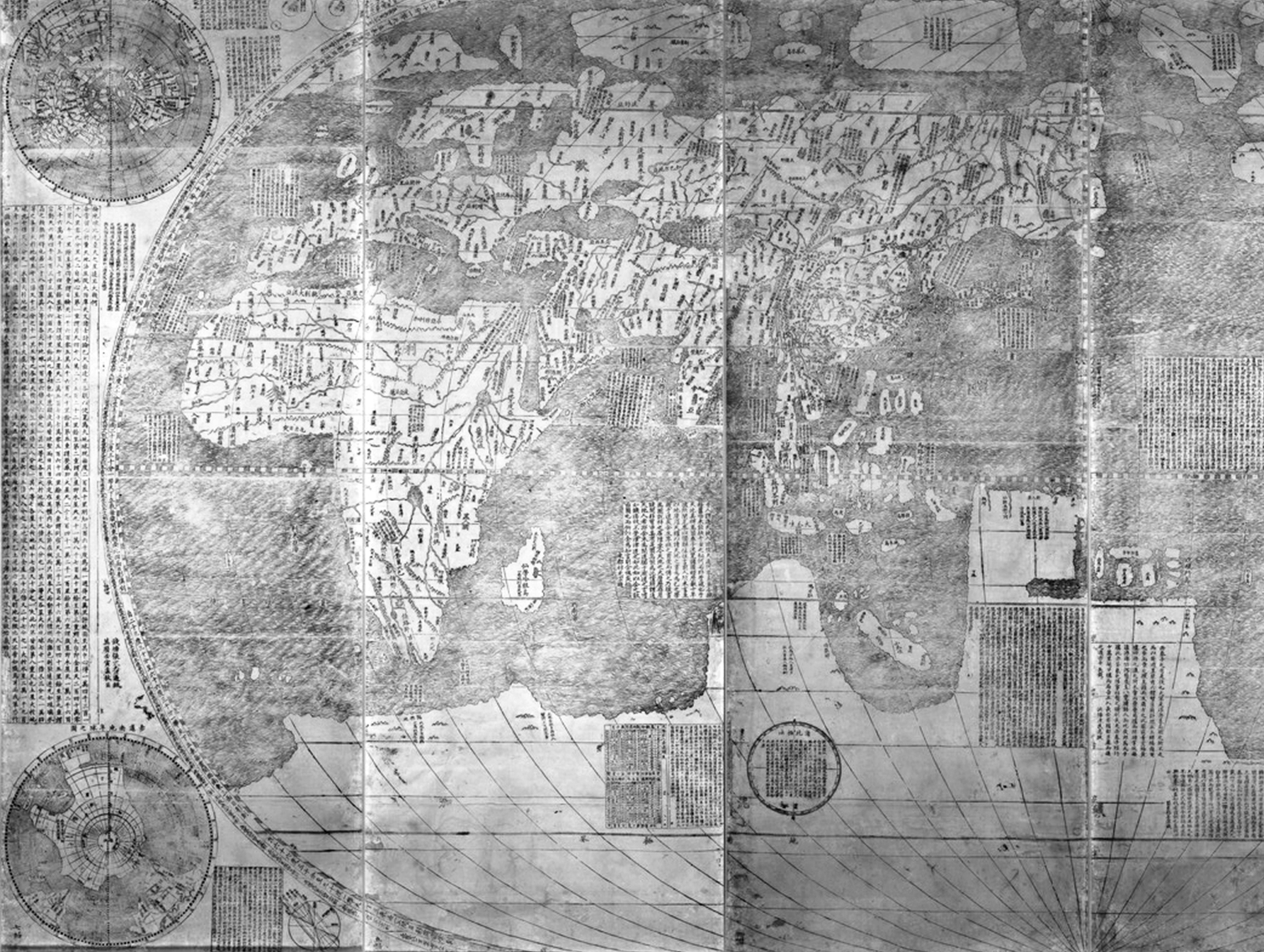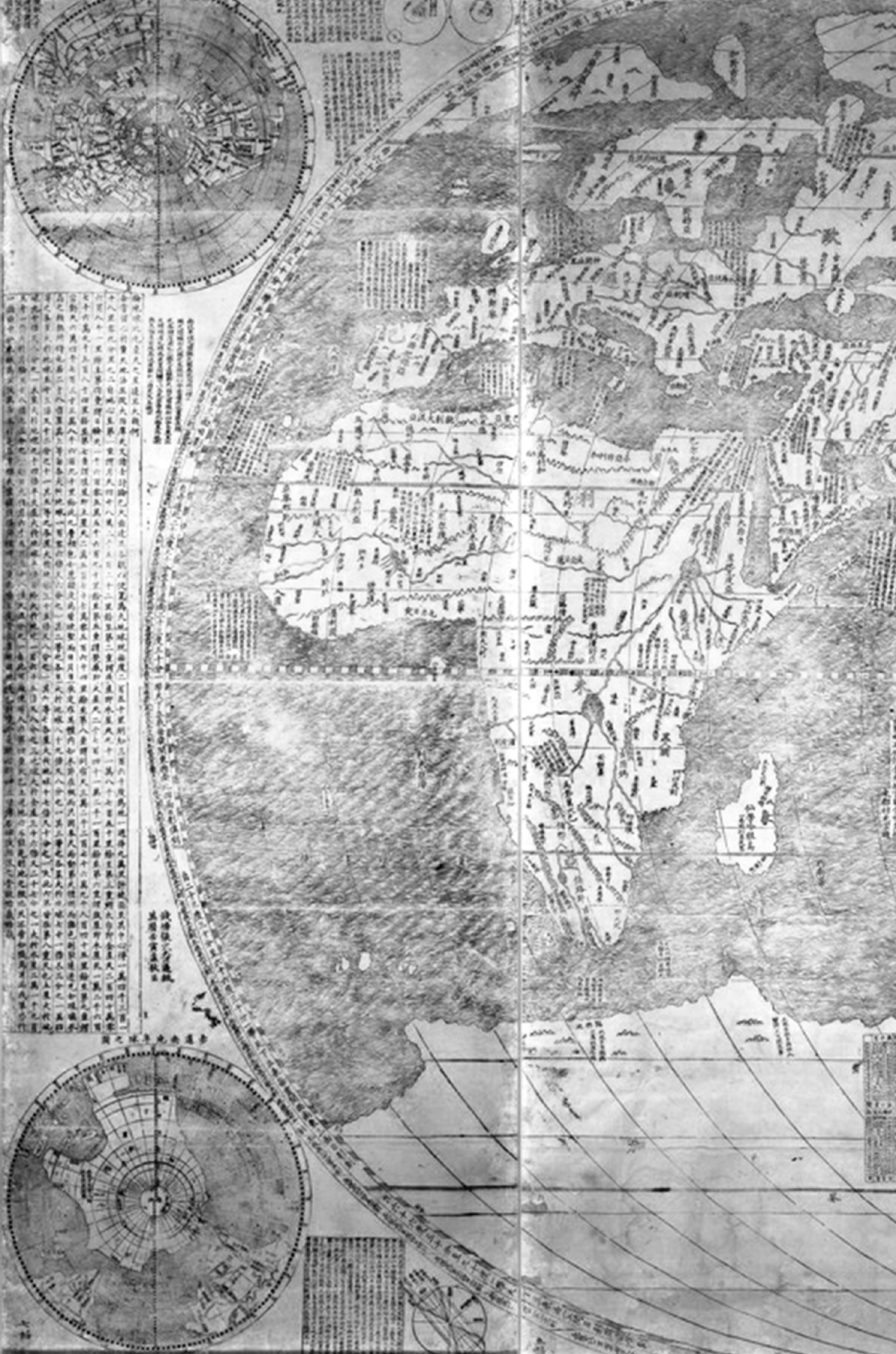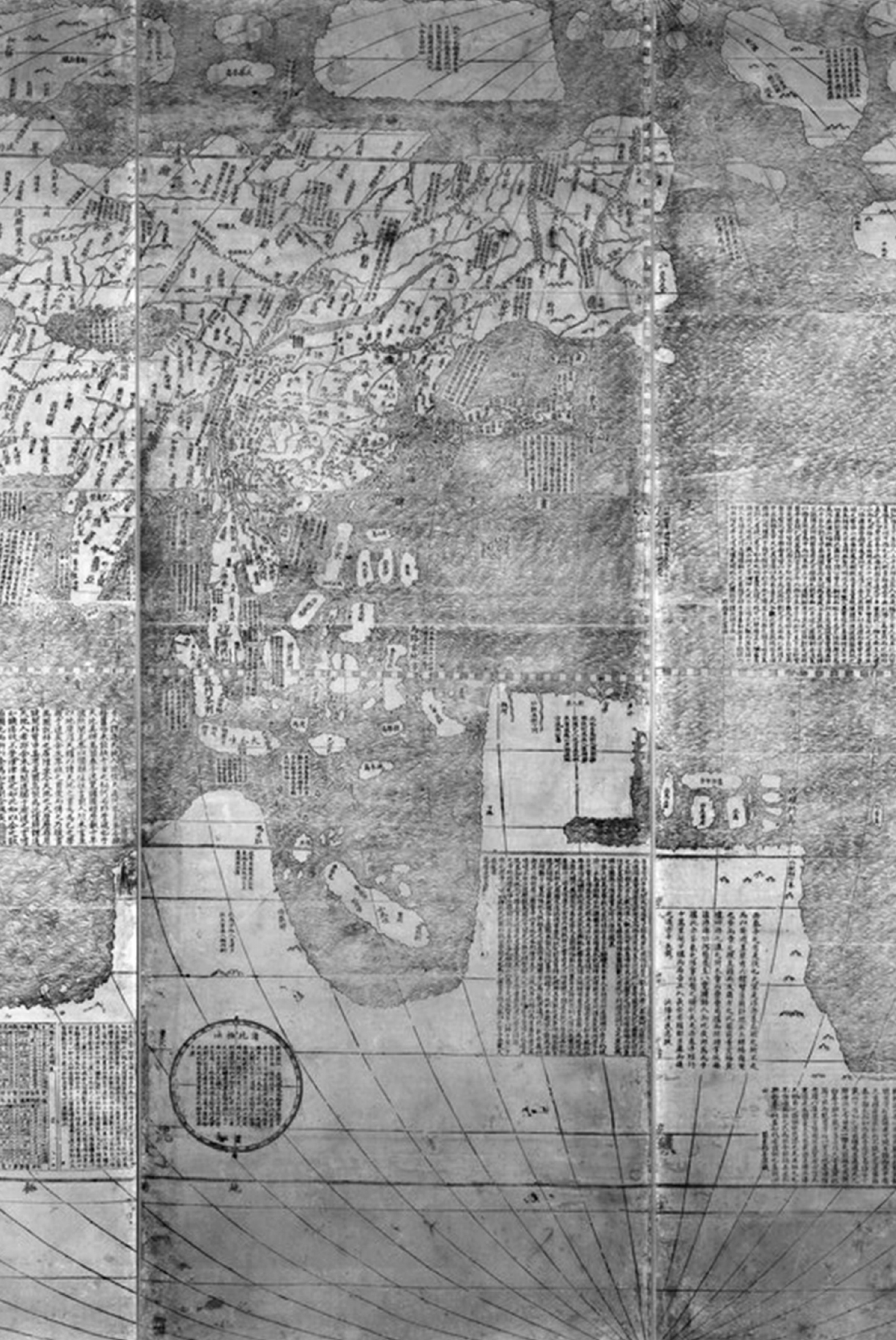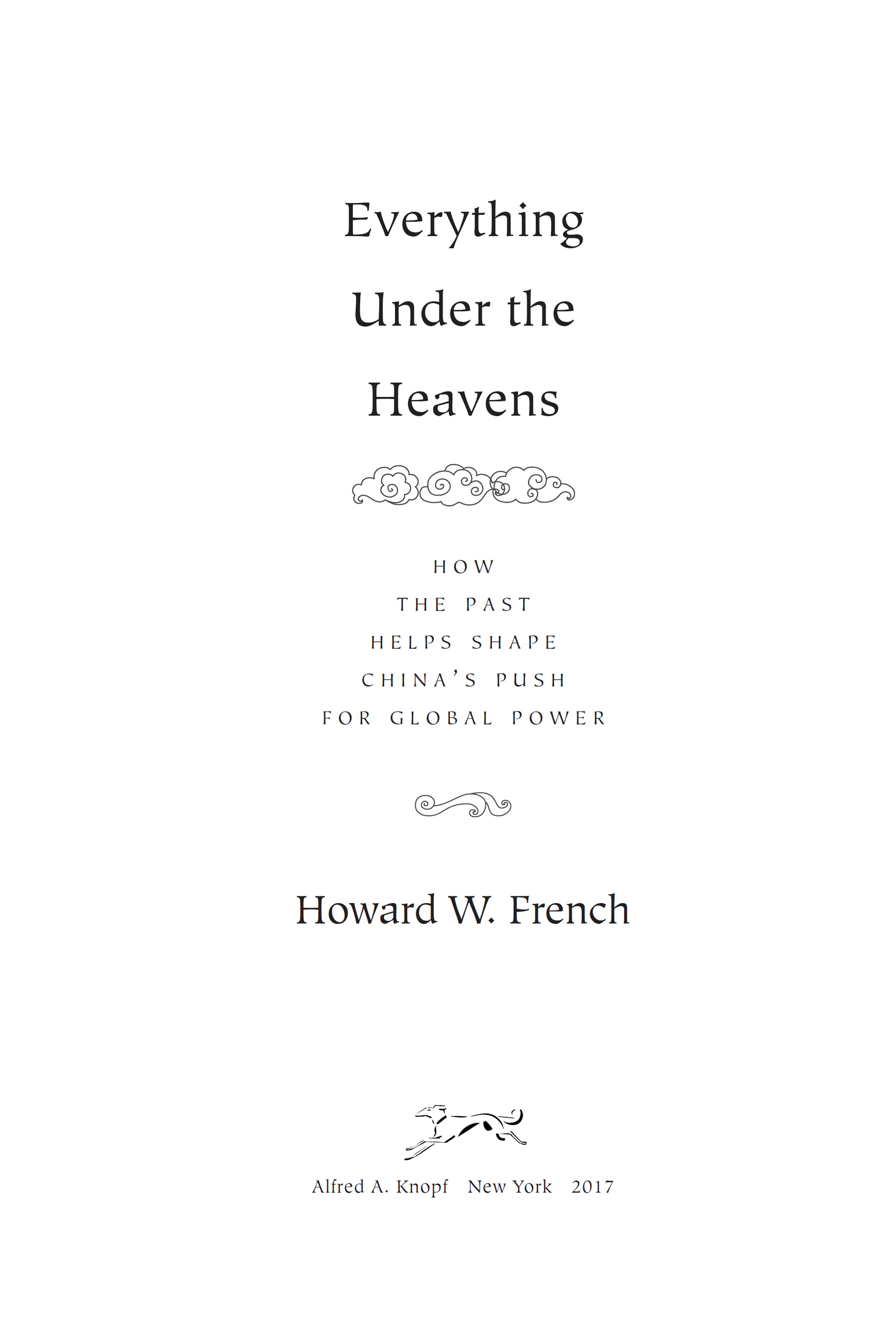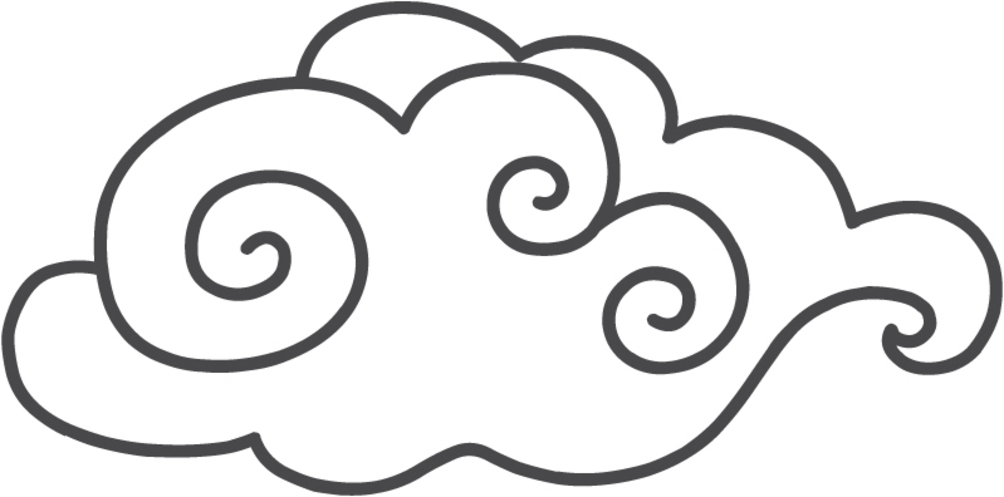Contents
ALSO BY HOWARD W. FRENCH
Chinas Second Continent: How a Million Migrants Are Building a New Empire in Africa
Disappearing Shanghai: Photographs and Poems of an Intimate Way of Life, with Qiu Xiaolong
A Continent for the Taking: The Tragedy and Hope of Africa
THIS IS A BORZOI BOOK PUBLISHED BY ALFRED A. KNOPF
Copyright 2017 by Howard W. French
All rights reserved. Published in the United States by Alfred A. Knopf, a division of Penguin Random House LLC, New York, and distributed in Canada by Random House of Canada, a division of Penguin Random House Canada Limited, Toronto.
www.aaknopf.com
Knopf, Borzoi Books, and the colophon are registered trademarks of Penguin Random House LLC.
Library of Congress Cataloging-in-Publication Data
Names: French, Howard W., author.
Title: Everything under the heavens : how the past helps shape Chinas push for global power / Howard W. French.
Description: First edition. | New York : Alfred A. Knopf, [2017] | Includes bibliographical references and index.
Identifiers: LCCN 2016021957 | ISBN 9780385353328 (hardcover) ISBN 9780385353335 (ebook)
Subjects: LCSH: ChinaForeign relations21st century. | ChinaForeign relationsAsia. | AsiaForeign relationsChina. | Strategic cultureChina. | GeopoliticsAsia.
Classification: LCC JZ1734 .F74 2017 | DDC 327.51dc23
LC record available at https://lccn.loc.gov/2016021957
Ebook ISBN9780385353335
Cover image: Map of China and neighboring countries, 1645 (detail) British Library Board. All Rights Reserved/Bridgeman Images
Cover design by Stephanie Ross
Cloud illustrations Peratek/Shutterstock.com
Border illustrations on
Frontispiece: 1602 map of the world presented to the Ming dynasty by the Jesuit priest Matteo Ricci
Map of National Shame: Dongfang Yudi Xueshe
All other maps by Mapping Specialists, Ltd
v4.1
a
For those whom you love,
words can never suffice.
Everywhere under vast Heaven
There is no land that is not the kings.
To the borders of those lands
There are none who are not the kings servants.
from The Book of Odes, Zhou dynasty (1046256 BCE)
If those who are distant do not submit, one must cultivate patterns and virtue to attract them.
Confucius (551479 BCE)
The fact of the matter is that our China must be regarded as the root of all other countries.
Li Ruzhen, 1827
A naval empire has always given the peoples who possessed it a natural pride, because, feeling themselves able to insult others everywhere, they believe that their power is as boundless as the ocean.
Charles de Montesquieu, from The Spirit of the Laws, 1748
Let the House recollect that our empire in the East was founded on the force of opinion; and if we submitted to the degrading insults of China, the time would not be far distant when our political ascendancywould be at an end.
Sir Thomas Staunton, speech to the British House of Commons, 1840
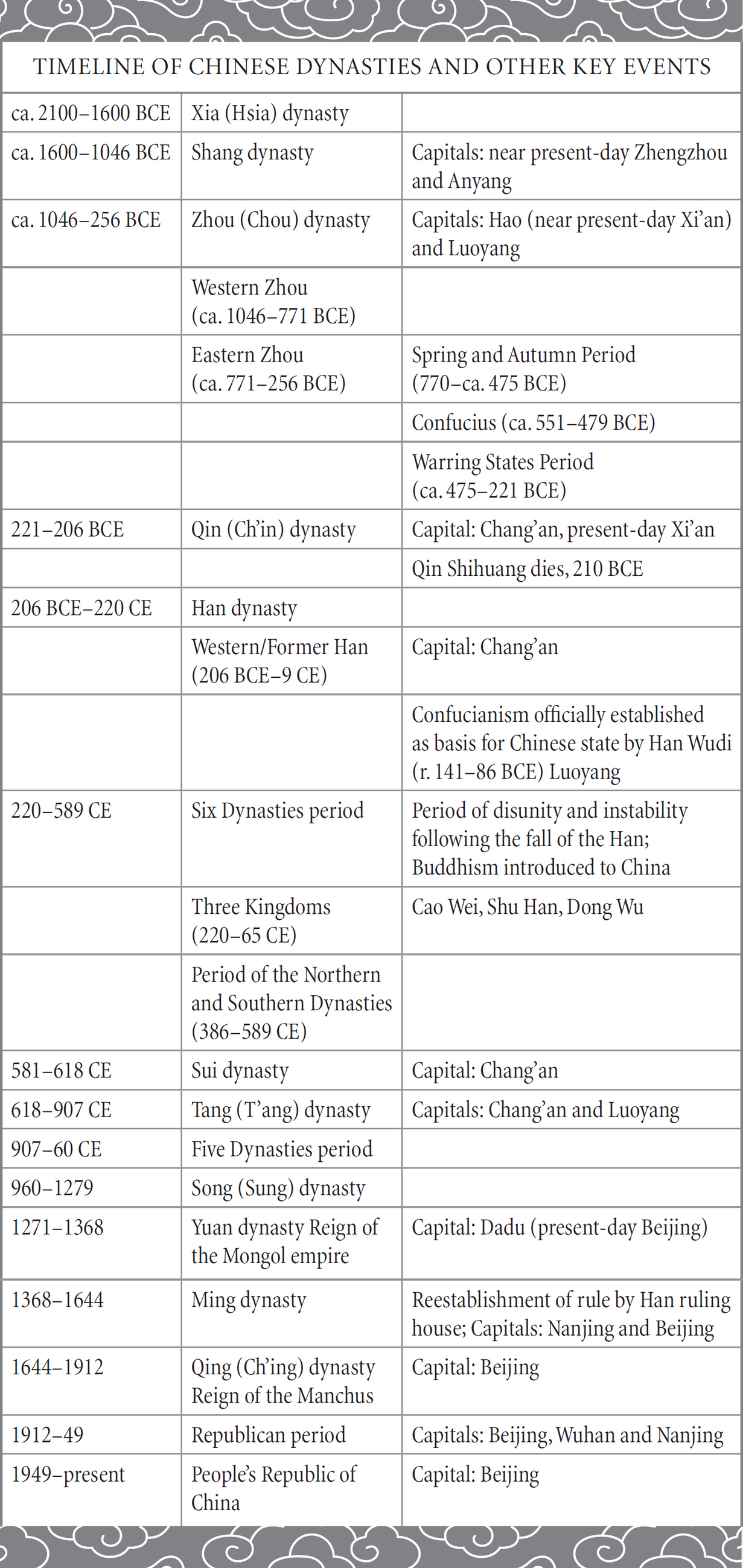

Introduction
There was once a country at the very center of the world, whose position was recognized as such by peoples both far and wide. Today, we call that country China.
Using the very word country is actually deceptive. The nation that we now instantly identify on the map as China hasnt existed long. Throughout most of its history this dynastically ruled land would not even have recognized itself as a country, let alone seen its neighbors as such. It was an empire, and a largely borderless one, both in its geographical form and in what it considered to be the relevance or applicabilitywhat the French would call the rayonnementof its ideas. One could argue that there has never been a more universal conception of rule. Practically speaking, for the emperors of the Central Kingdom, this place we call China, the world could be roughly divided into two broad and simple categories, civilization and noncivilization, meaning the peoples who accepted the supremacy of its ruler, the Son of Heaven, and the principle of his celestial virtue, and those who didntthose who were beyond the pale.




